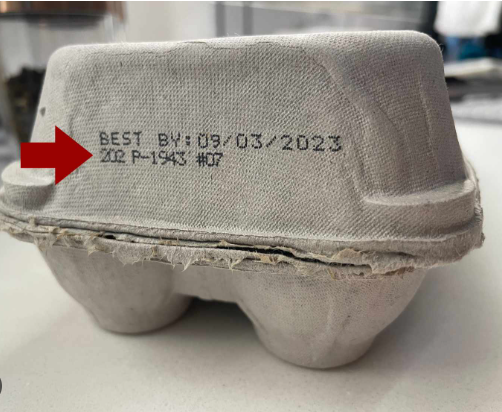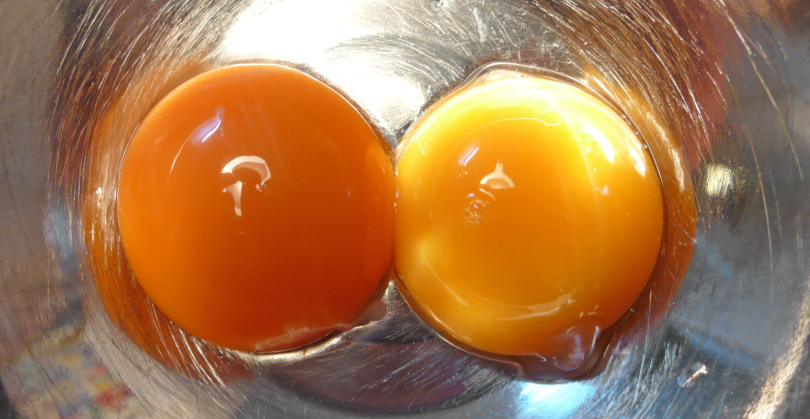
As a staple in many households, eggs are cherished for their nutritional value and versatility. Yet, the question of their freshness can sometimes lead to heated debates, such as in the case of a couple arguing over whether expired eggs are still safe to eat. In this article, let’s explore the nuances of egg expiration and aims to provide clarity on this common household issue.
Understanding Egg Expiration Dates
Egg cartons often come with a ‘sell-by’ or ‘expiration’ date, which can make us confused. These dates are guidelines for retailers and consumers but do not necessarily indicate that the eggs are unsafe to eat after this period. If you understand what these dates mean, this can help in making informed decisions about egg consumption.
How to Determine If Eggs Are Still Safe to Eat

There are a variety of methods to check if eggs are still good. The float test is a popular technique: place an egg in a bowl of water, and if it sinks, it’s fresh; if it floats, it’s best to discard it. In addition, cracking an egg open and checking for any unusual odor or appearance can help determine its edibility.
The Science Behind Egg Freshness
Egg freshness is influenced by factors such as time and storage conditions. Over time, eggs lose moisture and carbon dioxide through their porous shells, which can impact their quality. Refrigeration slows down this process, extending the eggs’ shelf life beyond the printed date.
Common Misconceptions About Expired Eggs
One common misconception is that eggs are immediately unsafe to eat after their expiration date. In fact, eggs can remain safe for consumption several weeks past this date if stored properly. It’s crucial to rely on sensory checks rather than solely on dates.
Health Risks of Consuming Expired Eggs

Though many expired eggs may still be safe, there is a risk of foodborne illnesses like salmonella if eggs are consumed when they are truly spoiled. Symptoms can include diarrhea, stomach cramps, and fever. It’s important to err on the side of caution if there’s any doubt about an egg’s freshness.
Practical Tips for Storing Eggs Safely
In order to maximize egg freshness, store them in the refrigerator at a consistent temperature. Keeping them in their original carton helps protect them from absorbing strong odors and flavors from other foods. Avoid storing eggs on the refrigerator door, where temperatures fluctuate more.
Resolving Disagreements Over Food Safety
Disagreements over food safety, such as whether to eat expired eggs, can be solved through open communication and mutual understanding. Discussing each other’s concerns and agreeing on a way to test egg freshness can help avoid conflicts and make sure that both parties feel comfortable with the decision.
Expert Opinions on Egg Expiration

Food safety experts often focus on the importance of sensory checks over strict adherence to expiration dates. They suggest using the float test and checking for any off-putting smells or appearances as reliable ways to assess egg freshness.
Conclusion: Making Informed Decisions About Egg Consumption
When it comes to deciding whether to consume expired eggs, it’s important to balance caution with practical knowledge. By understanding expiration dates, employing simple freshness tests, and communicating effectively, people can make informed decisions that prioritize both safety and harmony in the household.
















